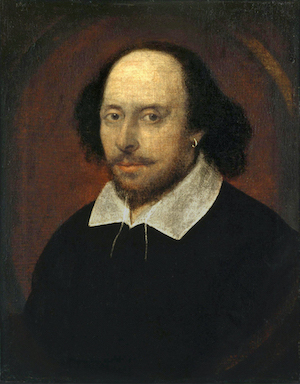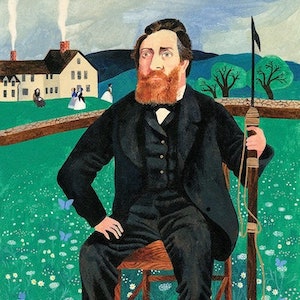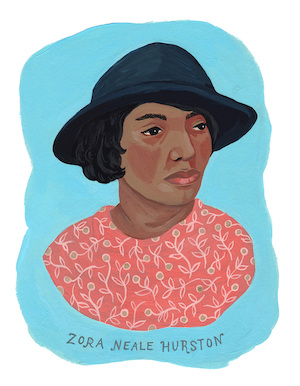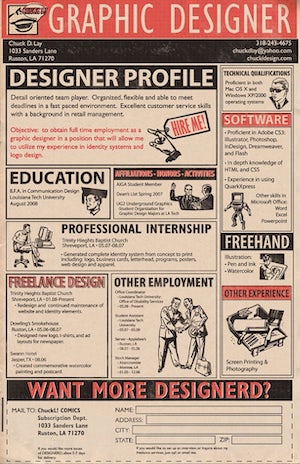It's a good question.
Let's say we want to "write like the greats". Which greats?
Shakespeare is a canonical example of a great English writer.

But do we want everyone to write like a 16th-century dramatic poet? Maybe it would be cool, but it's not a priority.
How about writing like Herman Melville?

Everyone loves the opening of Moby Dick ("Call me Ishmael!")—should we all learn to write like that?
It's great, but we probably don't want to go overboard (as it were) on subordinate clauses and elaborate turns of phrase?
And we haven't even started talking about broader cultural and demographic representation.
Where are the women writers? The LGBTQ+ writers? The Black, Asian, African, Middle Eastern, Hispanic, Indigenous writers? The disabled writers?

We need a diverse, modern canon for diverse, modern times—but that leaves us with a challengingly long list of perspectives to cover in a limited amount of time.
And while we're considering that, we have another issue to deal with, which is the pressing concerns of a market-based society in which stakeholders want economically valuable skills.
Does that mean we should ditch both William Shakespeare and Toni Morrison and instead sample the best resumes from around the world?

Maybe!
On the other hand, Writelike is a complicated way to teach resume writing, and resumes don't necessarily teach higher-order writing and thinking skills.
Choosing texts is clearly complicated. So how do we decide?

